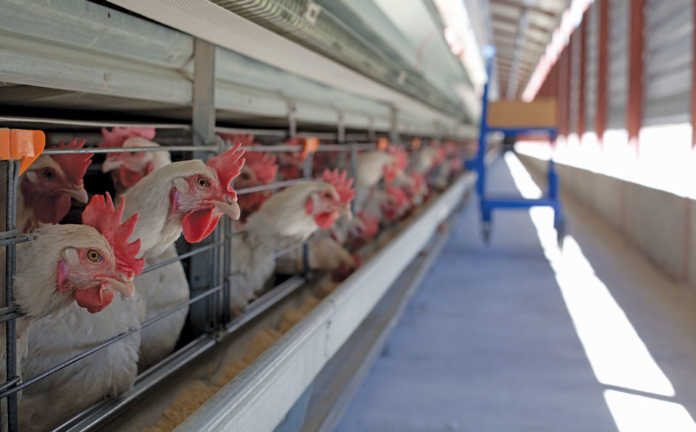
In addition, the recent avian influenza outbreak is expected to result in further losses.
Speaking at a media briefing on Tuesday, Western Cape deputy director for agriculture, Darryl Jacobs, said producers expected an average decrease in production of 36,9%, if water supply for the 2017/2018 season was to be capped at 60% of normal allocations.
“This will translate into a R4,96 billion decline of GVA (gross value added – an indicator of all goods and services produced by the sector) and 35 634 potential job losses. The sector is also set to lose valuable market share [in terms of] fruit exports,” Jacobs said.
He added that 6% of producers also indicated that they expected their farming operations to go into liquidation as a result of these factors.
Compounding these losses was the outbreak of avian influenza (AI), which was causing great devastation in the province’s poultry industry.
More than 2,7 million birds have died in the commercial poultry industry in the province, or were in the process of being culled; 63% of these were layer hens.
Agricultural economist at the Department of Agriculture, Louw Pienaar, said the layer industry had been hardest hit.
“This is not an industry that employs a lot of labour, but it is still an important job creator in the semi-skilled bracket.”
Potential job losses are thus expected to become evident within the next two to three months.
To date, losses suffered as a result of AI had been estimated at R800 million, but Jacobs said this was a conservative estimate, and was likely to rise.
According to Alan Winde, MEC of Economic Opportunities, more than 100 000 jobs had been added to the Western Cape’s agro-processing and agriculture sectors since the launch of the province’s Project Khulisa growth strategy in 2014.
However, he also expressed concern about the potential job losses.
“Project Khulisa [was put in place] to help the [agricultural] sector and the economy. Everything we’re doing now is to ensure job creation,” he said.
Get trusted farming news from Farmers Weekly in Google Top Stories.
➕ Add Farmers Weekly to Google ✔ Takes 10 seconds · ✔ Remove anytime






